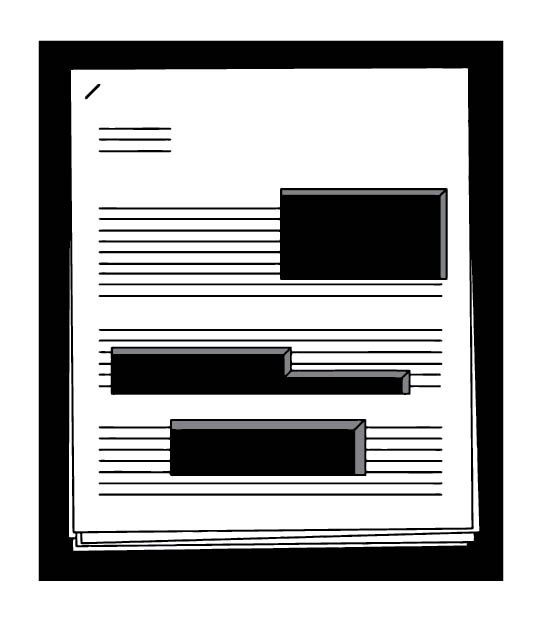
Plagiarism is an issue at every university, but at NYU, the most common cases result from misunderstanding rather than bla- tant cheating. NYU’s academic integrity policy defines plagiarism as “presenting others’ work without adequate acknowledg- ment of its source, as though it were one’s own.”
In most cases, the acts of plagiarism are simply questions of misunderstanding. Freshmen in particular come in with incorrect assumptions about citing and para- phrasing that their previous teach- ers inadvertently helped establish.
“A common problem is that students often mistakenly believe that as long as they change it into their own words, it’s not plagiarism, when in fact they are still stealing another individual’s ideas,” said Beth Weitzman, vice dean of the Steinhardt School of Culture, Education and Human Development.
While records of plagiarism incidents that result in expul- sions at NYU are not available, director of Public Affairs Philip Lentz said that the number of cases is not significant.
LSP professor Nancy Reale stated that there could be discrepancies among different cultures.
“I’ve talked to a fair number of students from Asia, for example, who tell me that there is a very different definition,” she said.
Professors and the administration want to educate students so there is less confusion. Stein- hardt and the Liberal Studies program in particular focus on educating incoming freshmen about the necessity of proper citation. They employ tools such as student orientations and rules of plagiarism tests to help students understand the distinct rules of what is and is not plagiarism.
“Rather than focus on detecting instances of academic dishonesty, we try to prevent it,” said Fred Schwarzbach, LSP dean. Reale recognizes two other reasons students may choose to plagiarize. Based on her experience, she finds that when students feel the assignment is not worth their time or do not think they will be able to complete the assignment, they are more inclined to plagiarize.
But she encourages her students to come to her if they reach this point so she can either explain why it is worth their while to do the assignment or to help them start their work.
“A case of plagiarism signals a breakdown in the education sys- tem that we want to fix and address,” she said.
Because most cases are relatively minor, the professor usually decides the consequences. Re- cords can enter the student’s file for disciplinary action, but expul- sion is rare. However, there are occasionally cases when students deliberately plagiarize.
“I once had a student whose mother wrote the entire paper,” said Elayne Tobin, a professor of writing in the Global Liberal Studies program.
Students at NYU recognize similar instances of cheating.
“I know some people who plagiarize, and some even buy online essays,” said CAS freshman Nakita Mortimer.
While plagiarism and academic dishonesty are ongoing issues, NYU continuously tries to prevent and detect plagiarism when it does occur.
“College is meant to be a place that supports students’ development of sound decision-making as well as their intellectual and analytic skills,” said Cybele Raver, vice provost for Academic, Faculty and Research Affairs. “Intellectual integrity is a hallmark value of a university education.”
A version of this article appeared in the Thursday, Feb. 21 print edition. Jacqueline Hsia is a contributing writer. Email her at [email protected].











































































































































